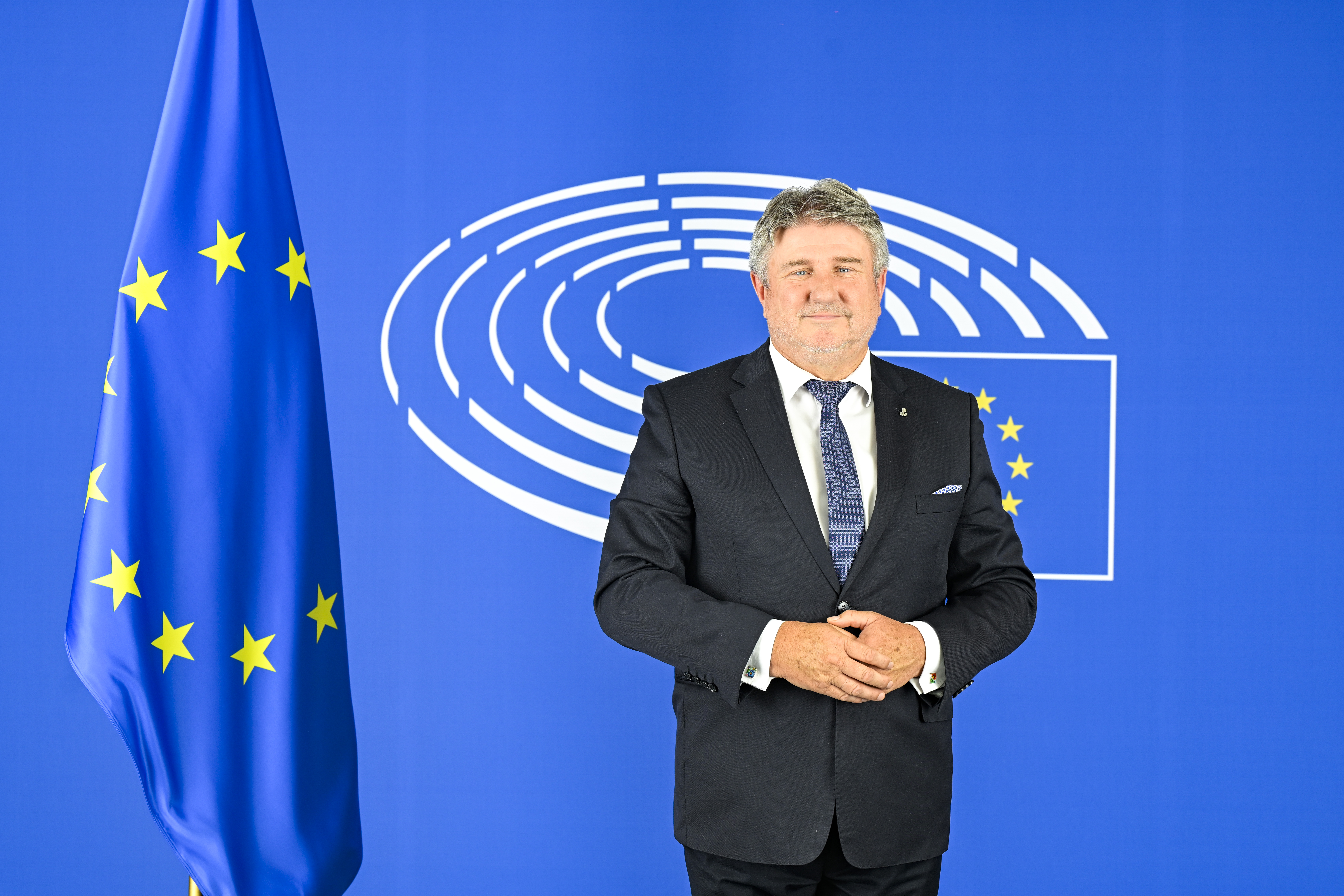Welcome to the Petitions Web Portal

MEP Bogdan Rzońca, Chair of the Committee on Petitions @ European Union 2024 - Source : EP
Read more in the Lisbon Treaty.
Your petition allows Parliament, through its Petitions Committee, to conduct an ongoing reality check on the way in which European legislation is implemented and measure the extent to which the European institutions are responding to your concerns.
The objective of the Petitions Committee is to provide a response to all petitions and, when possible, to provide a non-judicial remedy to legitimate concerns on issues related to the EU fields of activity which petitioners raise with us.
This portal is designed to allow you to submit your petition electronically, following a user-friendly and familiar registration process; but its purpose is also to communicate the issues which are raised with us by others, in a summary form, and provide information about petitions already received. The search function allows you to focus on issues which concern you directly and see what others are saying about EU-related issues. Indeed, this portal also allows you to add your online support to open petitions which the members of the Petitions Committee have declared admissible.
If you wish to submit a petition in 'paper' form, there is no form to be filled in or standard format to be followed.
However, your petition must:
- bear your name, nationality and permanent address (in the case of a group petition, it must bear the name, nationality and permanent address of the presenter or, at least, the first signatory);
- be signed.
Your petition may include attachments, including copies of any supporting documents you may have.
The petition should be sent to:
Chair of the Petitions Committee
European Parliament
B-1047 BRUSSELS
The petitions process is inherently open and transparent. Many petitions are debated in committee meetings with the active participation of petitioners. Meetings are broadcast live or are available on demand. Given the diverse nature of petitions, however, and the large number of petitions received, not all petitions are discussed in the Committee; members may choose to take decisions on them by means of a regular system of political scrutiny.
In all cases petitioners are informed at each stage of the petition process, and receive a letter from the chairman informing them of the outcome.
I encourage you to exercise your right to petition and I very much hope that you will follow the work our committee does on your behalf.
Bogdan Rzońca
